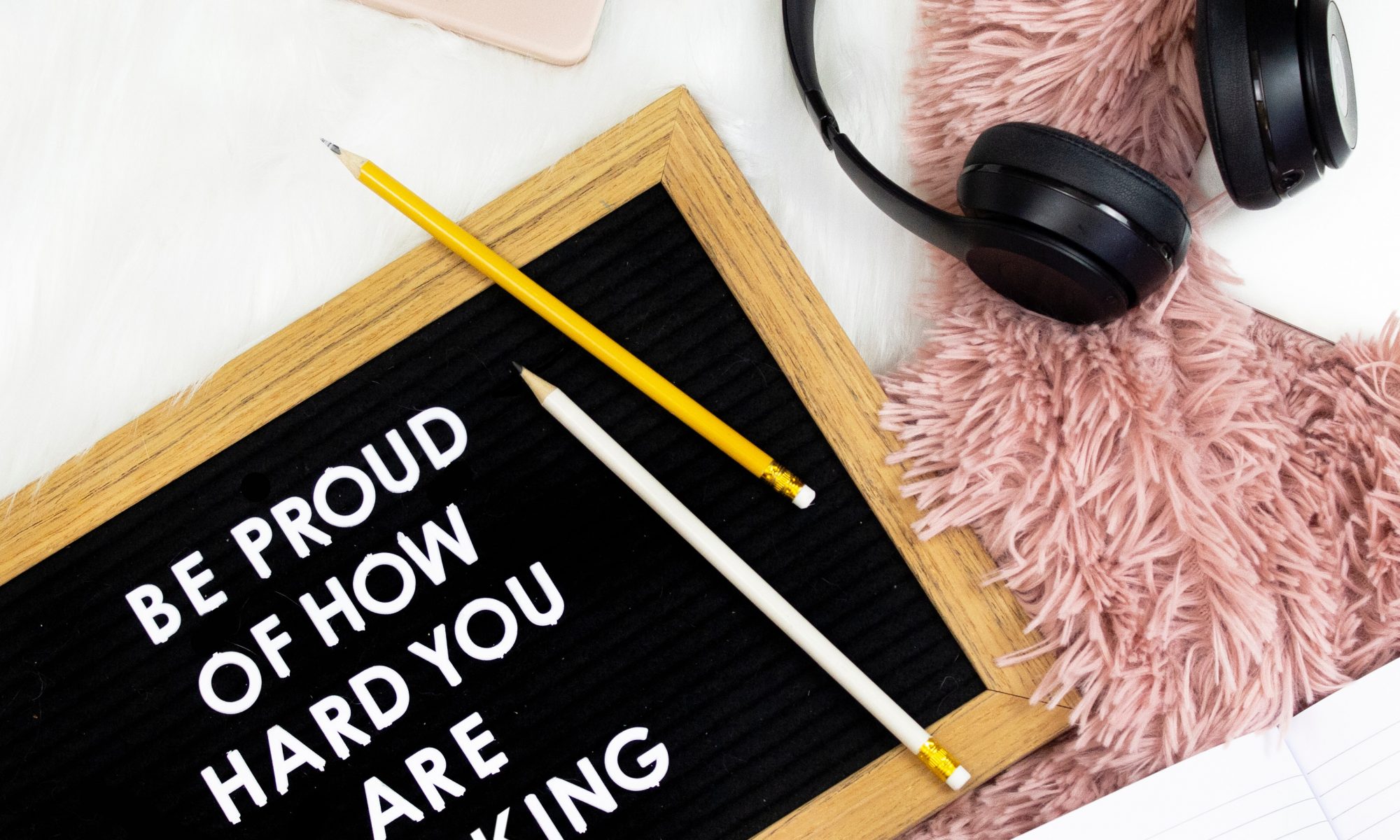Here, I don’t want to dive into the full-on super serious revision techniques. You can check out my essential revision resources list for that.
What I want to show you are my top ten quick-fire revision techniques for improving your ability to revise which maybe you haven’t tried yet. My aim? To make your exam revision just that little bit easier.
Top Ten Revision Techniques – Quick Fire
One
Use Times New Roman in your typed notes. Apparently it’s the fastest to read and provides less stress on your brain.
Two
Positive thinking. Which thought’s going to make you more productive a) “I’m never going to understand this it’s impossible” or b) “I find this topic a challenge but I know if I mastered this first section there’s nothing stopping me from doing the rest.” Don’t be your own worst critic because let’s face it, you’ve got enough on.
Three
Flashcards that are written in a way someone else can help you. It’s great to have flashcards written with codes, squiggles and underlines that only you know. But, how powerful for your memorising if there’s a set where you have to say answers out loud to someone quizzing you.
Four
Calming sounds. Some people find music a help (I find it confuses me and I start writing down lyrics) but if you find revision stressful and get stressed your brain is not going to remember as well. Try classical music or sounds like rain, the sea and swirling winds too. If it seems stupid. Don’t knock it til you’ve tried it.
Five
Do some kinetic learning. And by this I mean memorise whilst moving around. You don’t have to jump on a treadmill and run 10K but studies have shown incorporating movement, like walking, whilst trying to revise helps you retain information and keep calm.
Six
Try the one hour rule. Improve your chances of recall by looking at your notes one hour after you’ve written them.
Seven
Create visual associations in unusual places. You’ve probably got a bed or desk covered in papers and post-its. You’re more likely to remember that key date if it’s on a pink flashcard in the fridge or the yellow flashcard with the quote on next to the teabags.
Eight
Write what you think as well as what’s being said. Don’t just parrot out what you’ve read or re-write your notes out hundreds of times. You don’t know how the exam question will be phrased. You don’t want a blind panic because you only know how to answer a question about the Russian Revolution in a specific way. By understanding the information rather than just memorising it you will be able to adapt and overcome on the day.
Nine
Be honest if you don’t understand something. Don’t waste hours trying to learn a concept in five books or pages or notes that don’t make sense (and didn’t at the time either!) Ask someone to explain it to you again. It’s ok.
Ten
Use the ‘Generation Effect’ – you can commit information to your memory much easier if you talk out loud than just keep writing things down. Find out more about this in my previous post.
I hope you enjoyed these top ten research techniques and that there were a few you hadn’t come across. If you have any techniques that work well do share them in the comments below and don’t forget to check out these essential resources if you’re studying GCSE History to take you to the next level.
As ever, if you have any subjects you would like to see covered get in touch I love to hear from you.
Catch-up soon
Elizabeth


